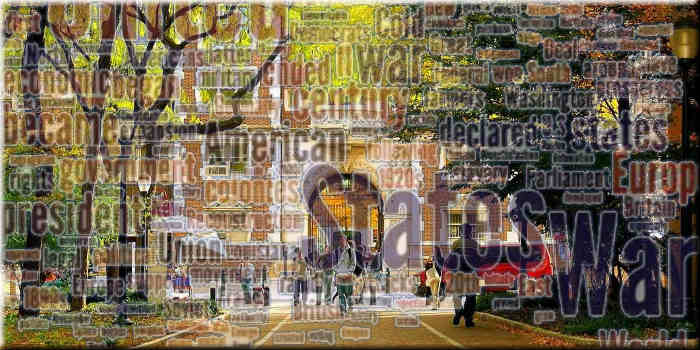During the War Between the States, for example, trigger warnings had an entirely different meaning
US History Gone Missing at Colleges

For years, we have watched American history disappear in academe. It turns out that we’re not the only ones who have noticed.
“I think in some ways I knew more American history when I finished grade school than many college students know today,” best-selling historian David McCullough said in an interview with The Wall Street Journal. “And that’s not their fault—that’s our fault.”
Indeed, when we meet college students, we find that they are curious about their history. Unfortunately, there are not too many institutions of higher learning they can go to in order to find it. Outside of university gates, McCullough’s books are a good place to look.
And, arguably, now is a good time to brush up on it. “It’s an antidote to a lot of unfortunately human trends like self-importance and self-pity,” McCullough avers. In nearly a half a century, McCullough has published nearly a dozen histories that span America’s life span.
McCullough points out that in the Civil War, the U. S. lost 2 percent of its population. The flu pandemic of 1918 took half a million American lives.
Surely there are not many micro-agressions that can compete with that level of carnage. During the War Between the States, for example, trigger warnings had an entirely different meaning.
Malcolm Kline -- Bio and
Archives |
Comments
Accuracy in Academia (AIA), a non-profit research group reporting on bias in education. In that capacity, Kline serves as editor-in-chief of AIA’s two web sites
